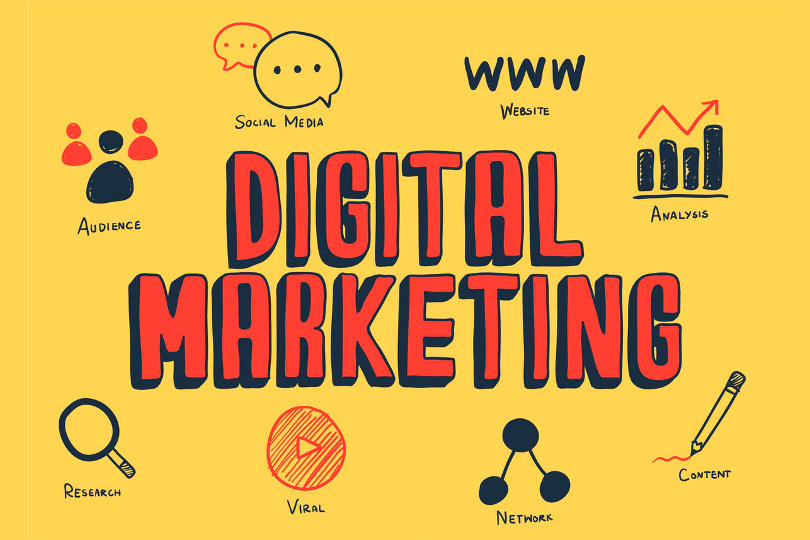
This column will explore six key areas of digital marketing knowledge and opportunities.
- The Basics Of Search Engines
- Digital User And Customer Experience
- The Basics of Competitor Analysis
- Digital and Content Marketing
- Social Media
- Analytics Fundamentals
1. The Basics Of Search Engines
SEO has evolved from a single digital marketing channel to the organization’s business intelligence hub.
Understanding how search engines work will help you and your team better understand how people search, learn, and consume content.
Understanding search engine crawling and indexing will help you structure websites and pages for maximum visibility.
Knowing how search algorithms rank content – and what they can’t do – can help you optimize content and diagnose issues faster.
Remember that Google isn’t the only search engine in town.
2. Digital User And Customer Experience
Builders will come, but that’s not the case in digital marketing.
To attract an audience, you must first understand who they are and what problems you solve for them.
Google knows it, too, as its algorithm updates increasingly focus on improving online experiences and removing friction for customers.
The modern consumer recognizes that privacy is a value exchange. They want personalized experiences.
Customers expect seamless interactions and experiences across devices, sessions, and platforms.
In the future, this holistic view of the customer will be standard.
3. The Basics of Competitor Analysis
It’s critical to understand who and how your customers are being reached. Competitors can now reach customers via podcast and video ads, geofenced push notifications, influencer marketing, and augmented reality in physical spaces.
Budget allocation for content types, ad networks, and campaigns will be based on competitor analysis.
4. Digital and Content Marketing
Marketing agencies and brands are now acquiring their own content studios.
Recent examples include MSQ’s acquisition of Brave Spark and WPP’s acquisition of Made Thought.
You may not be able to afford an entire in-house studio. The best production strategy depends on your organization’s size and content needs.
For some, this means hiring writers, editors, videographers, and photographers.
Others choose to supplement their in-house marketing teams with an agency or freelance creatives, or even outsource the entire process.
That your brand has the people, processes, and tools in place to create and promote optimized content at the scale your audience demands is critical.
5. Social Media
Social media is still a great way to reach new customers.
Depending on the platform, your brand should at least claim all available profiles and listings. Use the description or attributes to direct prospects to your more active channels.
Some forget that consumers can use search functions on Twitter, LinkedIn, Facebook, and other networks to find relevant businesses.
Consumers expect brands to be authentic and responsive on social. As such, monitoring for and responding to new reviews on Facebook or niche social networks is critical.
Set up workflows and permissions so frontline social marketers can engage while protecting brand. Customer service and issue escalation processes should be clearly defined.
6. Analytics Fundamentals
The Coronavirus pandemic taught many marketing teams the dangers of relying solely on past performance.
Technological advancements, financial and socioeconomic factors, and others can change the face of the business landscape in a blink of an eye.
Again, you may not be an expert in this area, and that’s fine. You don’t need to be an expert in Google Analytics 4 to use it for your business.
Rather, you should have a basic understanding of analytics platforms, data types, and professionals who can best drive your analytical processes.
This knowledge will help you build a team and select tools for the next fundamental area of digital marketing: business intelligence.